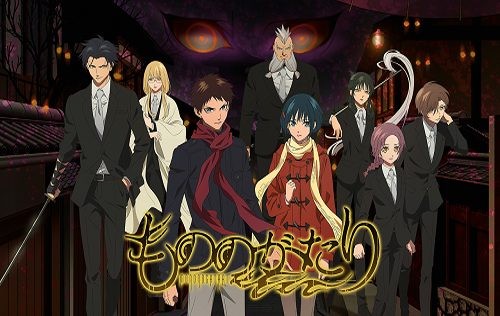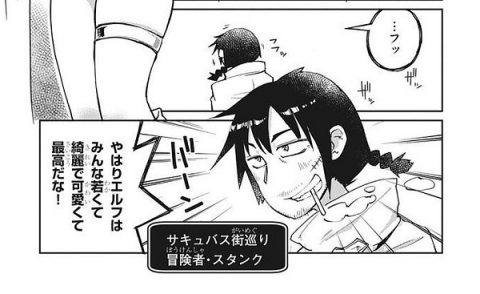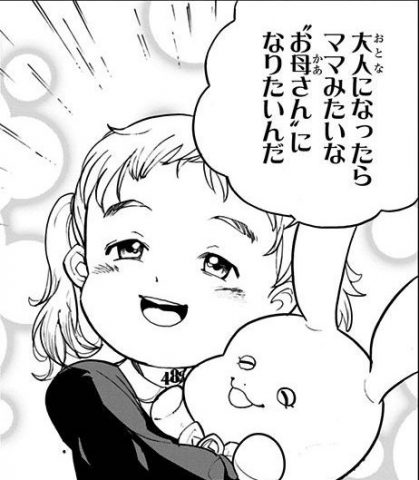The popular anime "How a Realist Hero Rebuilt the Kingdom" features many difficult titles and proverbs that seem like they'd be found in history textbooks. In this article, I'd like to explain these and interpret them in conjunction with the content of each episode.
Episode 1: Start with the Hero
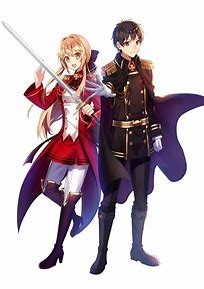
The Chinese proverb "The Warring States Strategy" contains the phrase "Start with the Self." This phrase is also used in the anime's ending credits. It's said to mean that when carrying out a big plan, it's best to start with something small, or that when taking on a challenge, you should be the one who first suggested it. Since the latter is apparently more commonly used, replacing "wei" with "hero" fits Soma's character's desire to first become a hero and then carry out his own plan.
Episode 2: Use Your Talent Wherever Possible
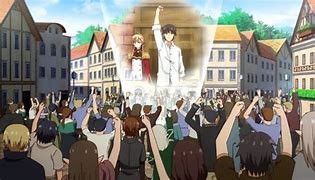
As the lyrics of the anime's opening song, "HELLO HORIZON," suggest, Episode 2 was about recruiting talented individuals who could be recognized worldwide. This is a reference to the order issued by Cao Cao of Wei to seek wise men, which states, "Only talent should be sought." The meaning is that as long as one possesses talent, personality and background are not important. Cao Cao was said to have had a talent for identifying talent. Soma, who places the utmost importance on ponchos, may have a similar talent.
Episode 3: Do Not Make a Subordinate Loyal
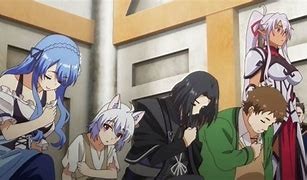
In the "Eighteen Histories," there is a passage that reads, "If possible, make your vassals good, but do not make your vassals loyal." This means that a good vassal is one who agrees with their lord and receives honor, while a loyal vassal is one who disagrees with their lord and ends up being killed and their country destroyed. Paradoxically, the true meaning of this is that a country will perish if it has subordinates who agree with everything. Emperor Taizong of the Tang Dynasty, described in this book, was a ruler who actively listened to his subordinates' opinions. Hakuya became Soma's political advisor, and it could be said that he was a loyal subject.
Episode 4: The Intent is Woken

This story originates from a story in the "Zuo Zhuan" (Spring and Autumn Annals). A Chu man was offering a soft-shelled turtle to a high-ranking official when a visitor's index finger suddenly twitched. One person once said, "Whenever my index finger gets like this, it's sure to be a delicious treat." This person actually managed to find a soft-shelled turtle. In Episode 4, they ate delicacies in this world, like octopus, burdock, and locusts.
Episode 5: Having Enough Food and Clothing, One Knows Honor and Disgrace

In "Guanzi," there's a line: "When the granaries are full, one knows propriety; when one has enough food and clothing, one knows honor and disgrace." Guanzi, the prime minister of Qi, said that in order to build a powerful nation, the people must have a sense of morality only when the rice granaries are filled with food, and only when they have enough clothing and food can they discern shame and do honorable deeds. In Episode 5, the food shortage was partially alleviated by the Emperor's radio broadcast, and Soma visited the castle town for the first time to check on the people, so this is likely what he was referring to.
Episode 6: A Wise Man Will Sometimes Rebel, But Not Forsake His Profit

This phrase could not be found in any historical idioms, but it means that a superior person will even rebel against his lord to gain his own benefit. In this episode, episode 6, army officer Halbert Magna decides to leave the army and join the Imperial Guard in order to protect Kaede, who is a member of the Imperial Guard. Even though Soma persuaded him, Halbert's quick change of heart and consideration for Kaede make him a truly remarkable man.
Episode 7: The Elders Speak

This phrase is not a proverbial proverb, but it is often used in Japanese folk tales and traditional literature. There are many scenes in which the elderly in a town share legends and folklore. In Episode 7, Uruppu, a resident of a coastal city opposed to the plan, insisted that "it would incur the wrath of the sea god." It was impressive to see how even the progressive Soma respected the legends of earthquakes and tsunamis, which are lessons learned from their ancestors.
Episode 8: The Forest Rumbles

This word is not an idiom, but "rumble" refers to a loud, rumbling sound, particularly the vibrations and sounds of the land that occur during an earthquake. Episode 8 depicts a landslide in Aisha's hometown, Jingo Forest. Soma's words, that controlling nature itself is an audacious act for humans, resonate even with us today.
Episode 9: 'Vertical and horizontal, not vertical and horizontal'

This phrase is also not an idiom, but in this case, the vertical refers to the air force led by Castor, and the horizontal refers to the army led by Georg. As a result of the meeting with the three lords, only Excel of the navy sided with Soma, while the army and navy opposed him. This is thought to be the reference to the phrase 'vertical and horizontal, not vertical and horizontal'.
Episode 10: War Is Not a Place for Fun
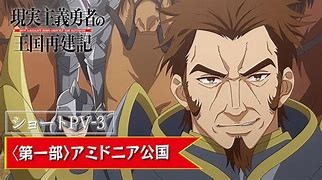
"The Art of War by Sun Bin" states, "Those who enjoy war will perish, and those who profit from victory will be humiliated. War is not a place for fun, and victory is not a place for profit." These are the words of the military strategist Sun Bin, but the "war" in this sentence refers to war and the military. In other words, actively starting a war or making victory the goal in itself will not necessarily lead to a profitable victory. The Principality of Amidonia loved war, and dismissed Colbert when he warned that the people would starve. Even if they had won, it would have been a victory in exchange for the hardships facing the country, and would have been "unprofitable."
Episode 11: Taoshu in the Li Dynasty
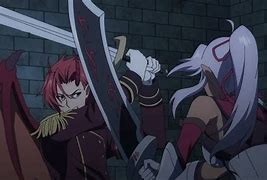
This phrase appears in "The Thirty-Six Stratagems of War." "Li" means plum, and "tao" means peach. The phrase originates from a story about feeding plums to pests in order to protect them. In other words, it means making small sacrifices in order to gain greater profits. Soma sacrificed the battleship Alberto to defeat Castor, Georg sacrificed himself to capture the corrupt noble, and Soma abandoned Altmura to occupy Van. Looking back, Episode 11 was truly worthy of this title.
Episode 12: A Siege Squadron Always Opens Its Doors

Sun Tzu recited this phrase as a cardinal rule of military strategy. It means that when surrounding an enemy, you should not completely encircle them and completely eliminate their escape routes, but rather leave some escape routes open. Even if we have superior military strength, enemy soldiers, cornered and with no escape route, may put up a desperate last-ditch resistance, potentially resulting in significant casualties for our own forces. Soma surrounded Gaius and his men, but decided not to go any further. He allowed Julius to escape, but his own casualties were minimal.
When rule is established, merit is achieved, and etiquette arises.
These words were spoken by Soma after he captured Van in Episode 12. Attributed to Sima Qian, they refer to the flow of time when culture is born after peace arrives in a country. "Etiquette" refers to social order, and "music" refers to something that influences people's hearts. Soma's capture of Van provided the people with "music" in the form of music, entertainment, and a new food culture. Based on Sima Qian's words, the Principality of Amidonia had been a nation without stable rule.
Episode 13: Winning a Hundred Battles Does Not Make a Man of Goodness

This phrase also comes from Sun Tzu's Art of War. "Winning a Hundred Battles Does Not Make a Man of Goodness. He who subjugates the enemy without fighting is a man of goodness." This famous saying means that forcing an enemy to surrender without fighting is superior to defeating them in battle. Soma was by no means a king who enjoyed fighting, but when fighting was absolutely necessary, he chose a fighting style that minimized allied casualties. Perhaps it was this Soma's character that allowed the country to remain united even in this war-torn age.
Summary
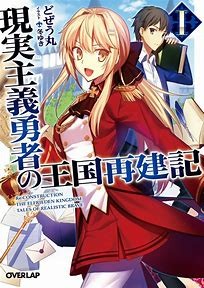
What did you think? The titles of each episode, which are quoted from military tactics and proverbs, were able to make sense when considered in conjunction with the story's content. I'm sure Soma's favorite history books and Sun Tzu's Art of War will continue to appear frequently in the quest to rebuild the kingdom, making me even more excited to see how the story unfolds.

